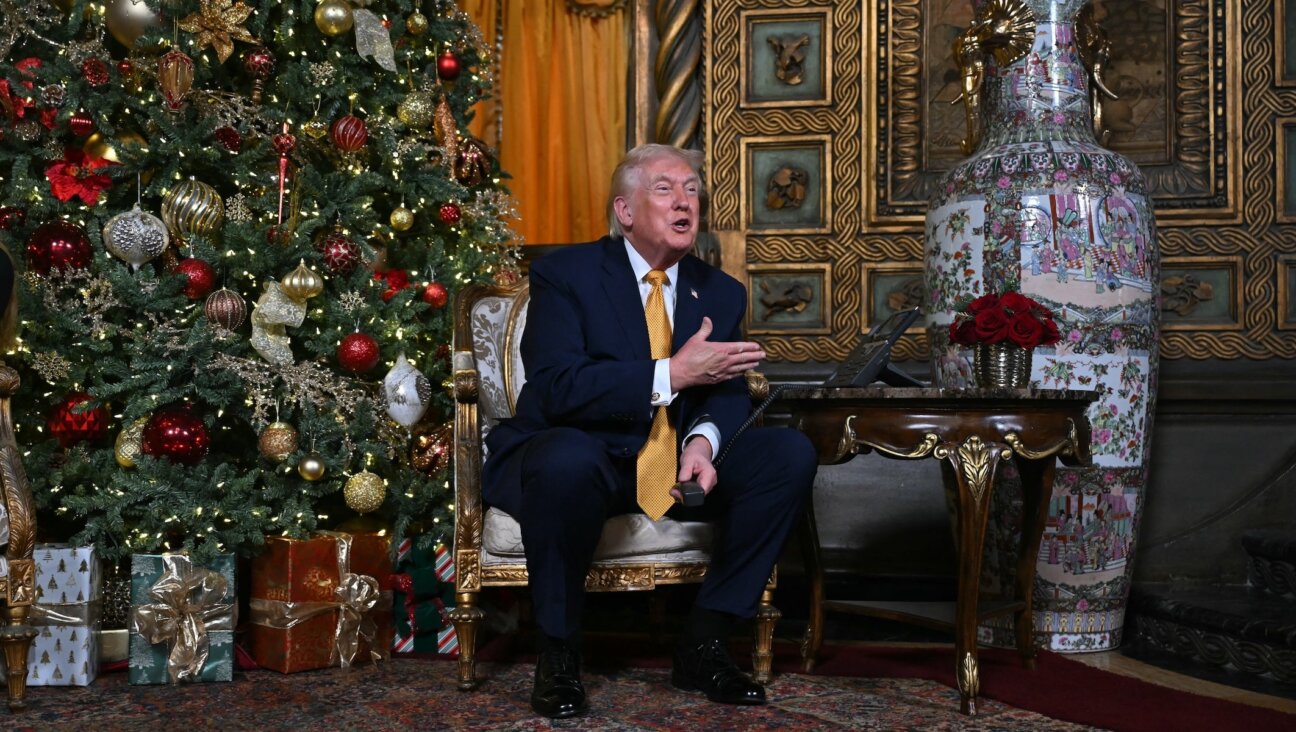Germany’s Merkel Assures Israel of Backing

Image by getty images
German Chancellor Angela Merkel reassured Israel of her country’s support on Saturday, two days after Berlin disappointed the Jewish state by abstaining in a U.N. vote on the Palestinians’ status.
Germany, which will host Israeli Prime Minister Benjamin Netanyahu and many of his ministers next week, abstained in Thursday’s vote in the U.N. General Assembly which provided de facto recognition of a sovereign Palestinian state.
Netanyahu’s government had hoped that Berlin would join the United States and a handful of other countries in opposing the resolution.
Germany, haunted by memories of the Nazi regime and the Holocaust, tends to be a strong ally of Israel on the diplomatic stage.
“Germany will always stand on the side of Israel on the issue (of Israeli security),” Merkel said in her weekly podcast, and spoke of Berlin’s vocal backing for Israel during its latest clashes with Hamas.
“Israel has not only the right but the duty to protect its citizens,” she added.
Merkel did not mention the U.N. resolution, which upgrades the Palestinian Authority’s observer status to “non-member state” from entity, a move that gives it access to world bodies including the International Criminal Court.
Germany cited fears the resolution would complicate the peace process as a reason for its abstention. “On the one hand we see the Palestinians’ justified desire for their own state, but on the other hand we recognise our special responsibility to Israel, and for peaceful and stable development in the region,” Foreign Minister Guido Westerwelle said on Thursday.
In Europe, only the Czech Republic voted against the resolution while many countries including France backed it.
Merkel reiterated Berlin’s support for a two-state solution in the Middle East and urged a speedy resumption of peace talks between the Israelis and Palestinians.
Netanyahu and his ministers will hold consultations with their German counterparts in Berlin on Thursday. Their talks will cover economic and trade ties and cooperation in science and education as well as regional security issues.













